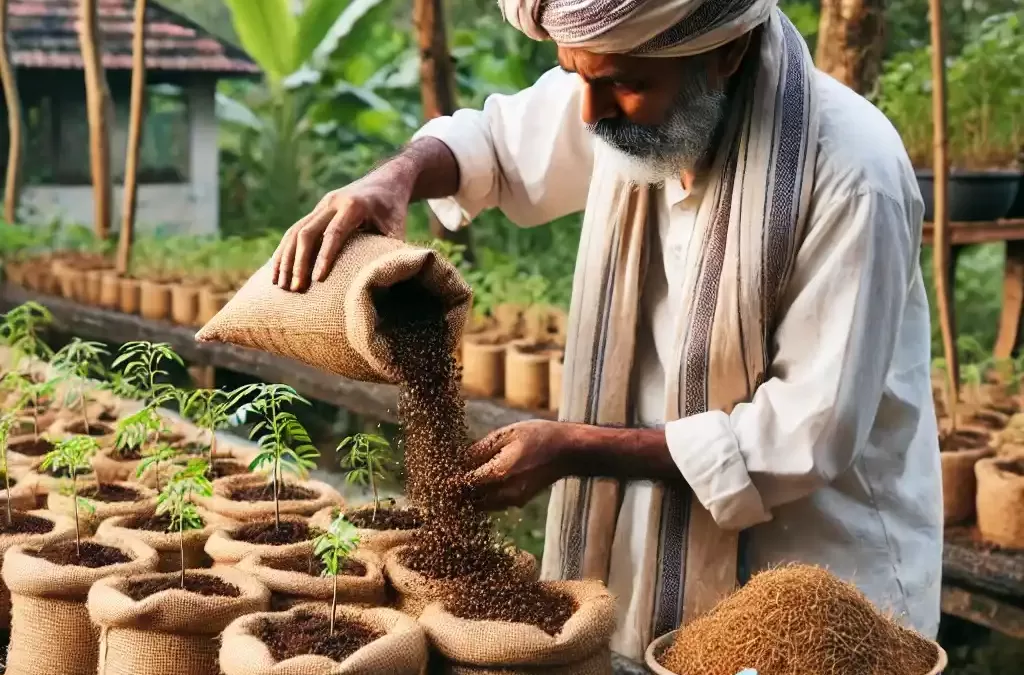Saturday, 31 January 2026

Hydroponics and precision substrate management drive growth in domestic and export markets
The adoption of coir-based substrates and cocopeat is accelerating in India, reflecting a broader industry shift toward soilless and hydroponic cultivation, according to A.S. Saikrishna, Marketing Director at Sai Substrates Pvt Ltd. Growers are increasingly investing in substrates that save water, reduce seed losses, and ensure consistent plant health, particularly for high-value crops such as blueberries, tomatoes, cucumbers, and bell peppers.
“Growers benefit from precision substrate management, which allows control over critical factors linked to yield and quality, including root zone conditions, water retention, and aeration,” Saikrishna said. While initial price sensitivity was observed among farmers transitioning from soil, commercial producers now view the modestly higher investment as justified, given the returns in crop performance, operational stability, and long-term sustainability.
For blueberries, Sai Substrates is introducing substrates tailored to 25–40 litre pots, supporting uniform root development and plant growth. Pre-sized, consistent substrate fills reduce variability compared with manual expansion and allow direct integration with drip irrigation systems, helping growers manage water and nutrition efficiently while reducing labor requirements.
Sai Substrates oversees the full production cycle, from coconut husk processing to substrate manufacturing, delivering dust-free, consistently graded substrates customized to crop type, pot size, and regional climate. The company’s offerings have gained traction beyond India, with exports reaching 40 countries, highlighting the global demand for precision coir substrates.
Looking ahead, Saikrishna predicts that with South India’s coconut production rising at 12.5 per cent annually and improved plantation management practices, substrate pricing and availability are expected to stabilize by Q1 2026, ensuring a reliable supply for the growing hydroponic and soilless sector.
“This is a transformative period for Indian horticulture,” Saikrishna concluded. “As growers adopt precision substrates and water-efficient cultivation, the industry is poised to deliver higher quality, sustainable production, and stronger economic returns.”